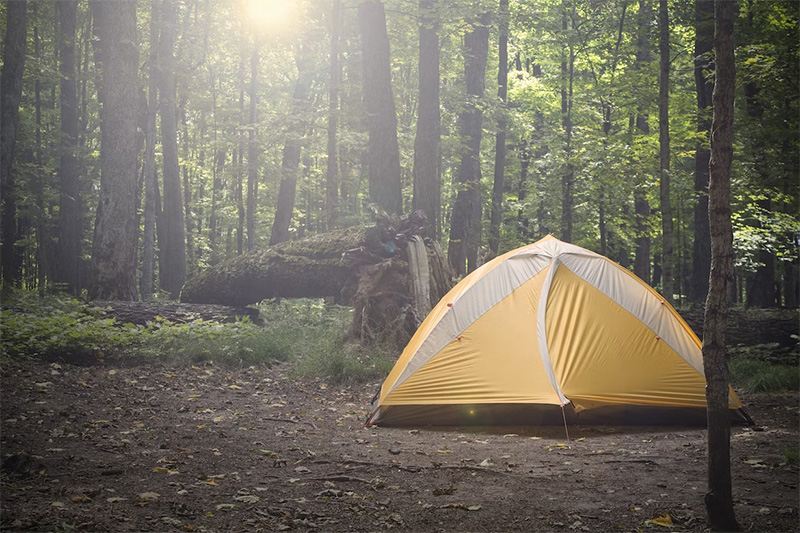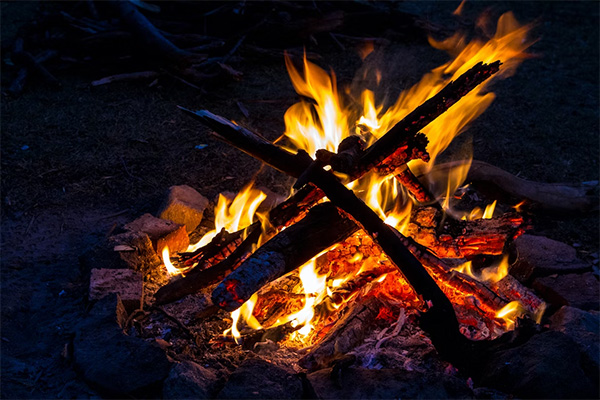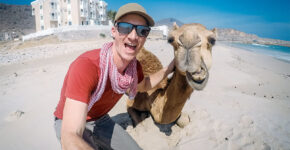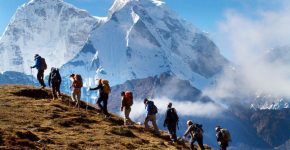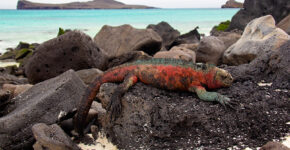Campsite Novice to Nature Expert: Your First-Time Camping Guide
Going on your first camping trip is an exciting opportunity to reconnect with nature, escape the rush and bustle of everyday life, and create life-long memories. But it could appear scary if you’ve never gone camping. This comprehensive book will guide you through five key areas to help you transform from a novice camper to a nature expert and ensure a successful and enjoyable camping trip.
Selecting the Best Campsite
Choosing the ideal location is the first step in your camping adventure. Look at several campgrounds in the area you want to camp, considering things like facilities, accessibility, and the camping style you want. While some campgrounds provide more modern amenities, others are more remote and primitive. Consider if there is access to drinking water, restrooms, and designated fire pits. To guarantee your position in nature, find out if the campground requires bookings and be sure to do so in advance.
Essential Gear and Equipment
Buying the right camping gear will enhance your experience. Start with a tent, sleeping bag, and sleeping mat. Camping stoves, cooking utensils, coolers, and lamps or flashlights are essential. Pack clothes and shoes for the weather and activity. Bring a first aid kit, insect spray, and sunscreen for outdoor safety.
Mastering Campfire Basics
The camping experience is not complete without a campfire. Learn how to construct a campfire safely and effectively according to certain rules. First, place the fire pit far from anything that might catch fire in a clean, open space. Next, gather a variety of sizes of dry wood, starting with fuel (small twigs or dried leaves), kindling (small sticks), and fuel wood (larger logs). Light the tinder with matches or a lighter, then add additional kindling and fuel wood to keep the fire going. Always have a pail of water or sand close by so you can completely put out the fire once you’re done.
Campsite Cooking and Food Safety
Campsite cooking is fun. Bring easy-to-prepare, easy-to-store food. Grill or camp stove as suggested. Keep food fresh in a cooler with ice or ice packs. Store food carefully to avoid animals. Proper food handling and hygiene avoid foodborne illnesses. After meals, tidy up and dispose of food waste to keep the campground clean and wildlife-friendly.
Leave No Trace Principles
Camping requires you to be aware of your influence on the environment and try to minimize it. Leave no trace by packing out all of your garbage, disposing of waste appropriately, and leaving the campground in the same condition that you found it. Respect wildlife by keeping a safe distance and refraining from feeding it. To prevent destroying plants and disturbing wildlife habitats, stick to established pathways. Use established fire rings and only burn little sticks and dead wood to reduce the effects of campfires. By following these guidelines, you help protect natural places and leave a good impression for future campers to enjoy.
Careful preparation, necessary equipment, understanding campfire fundamentals, practicing camping cooking and food safety, and abiding by Leave No Trace guidelines are necessary to transition from a novice camper to a nature expert. With each camping trip, you’ll develop self-assurance and skills to improve your future outdoor activities. So enjoy the peace and tranquility of nature, step away from technology, and relish the little pleasures.
Photo Attribution:
1st and featured image by https://unsplash.com/photos/1o41Wy3Z3kc
2nd image by https://unsplash.com/photos/BmoqhFTwdvc
